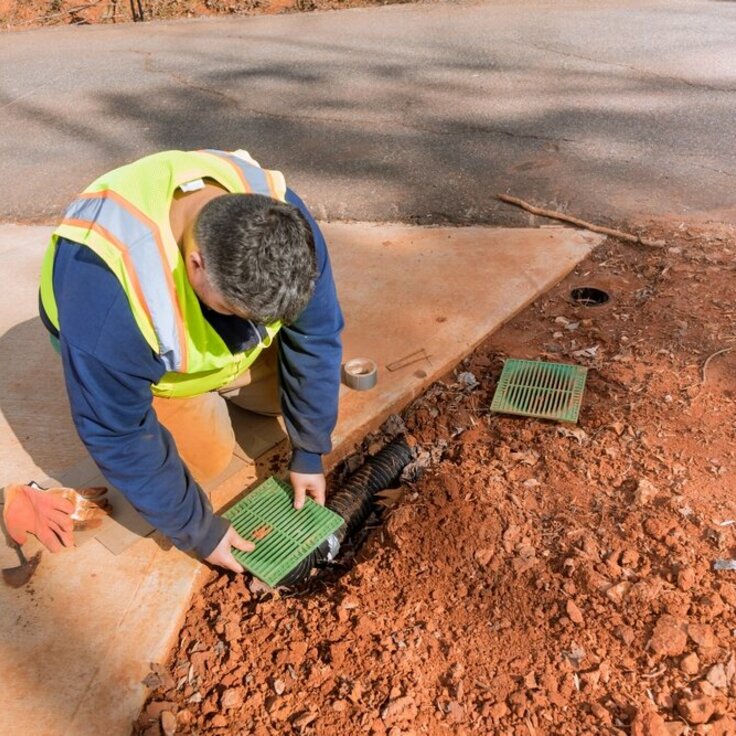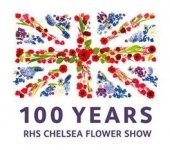Look out for blue mint beetle
The Royal Horticultural Society (RHS) is calling on gardeners to watch out for the latest pest to appear in the UK. The beetle, Chrysolina coerulans or blue mint beetle, was confirmed to be breeding in the country by the charity’s entomology department when specimens were sent to them by an RHS member in Kent in July 2011.
However, as there has only been one reported finding, the charity is keen to find out if this is an isolated situation and therefore controllable or if the insect is more widespread but not yet reported. By having more information the RHS will be in a better position to advise gardeners on the most effective measures to take.
“The beetle is widespread on mainland Europe and the detection of breeding adults in the UK could mean problems for gardeners who grow this herb,” says Andrew Halstead, Principal Scientist Plant Health. “It is therefore important that we find out if there are any other breeding adults elsewhere in the UK. The adults and the black, soft-bodied larvae both eat the foliage.”
The 7mm long blue mint beetle is quite different in colour to our native beetle, the green mint beetle (Chrysolina herbacea) which is shiny, emerald-green. This beetle also eats mint leaves but is generally not a problem because it occurs more frequently on wild mint.
“At the moment our control suggestions are the same both for our native green mint beetle and the new incomer,” says Andrew. “If there are only a few then removal of the beetle and larvae by hand works best. If the infestation is more extensive then it may be necessary to apply a pesticide. An organic insecticide, pyrethrum, can be used on mint to control pests. This short-persistence insecticide should deal with young larvae. However, it may not be effective to control the adults and so other insecticides, such as deltamethrin or lambda-cyhalothrin, may have to be considered.”
The RHS would like gardeners to check their plants for holes in the leaves and search their mint plants for beetles. If blue beetles are discovered the charity would like either digital photographs taken and sent to [email protected] or live samples posted in stout containers to Advisory Service, RHS Garden Wisley, Woking, Surrey GU23 6QB.








